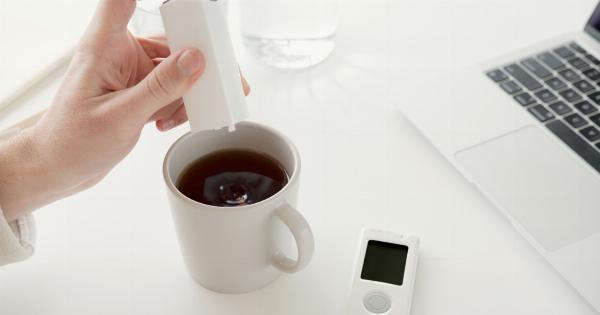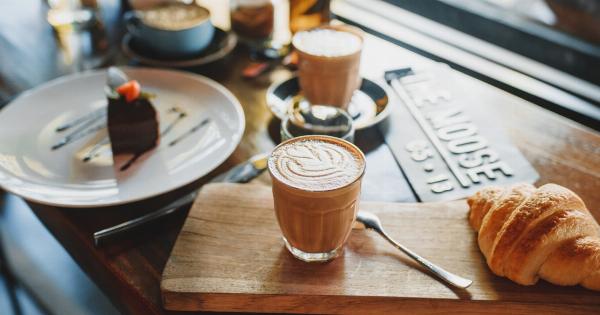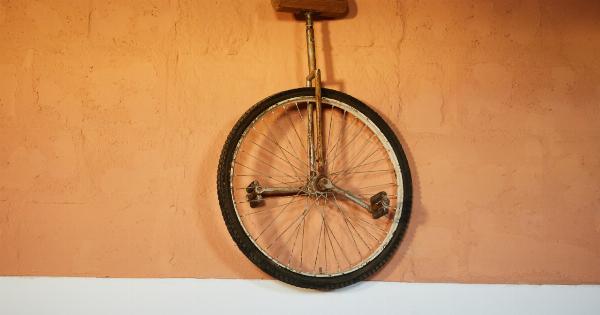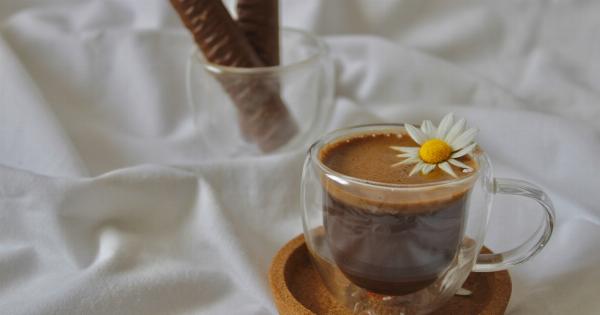Coffee is one of the most popular beverages in the world, loved for its rich aroma and energy-boosting properties. Many people rely on coffee to kickstart their day, while others enjoy a cup or two throughout the day.
But did you know that there are actually optimal times to drink coffee for maximum effectiveness? In this guide, we will uncover the best times to indulge in your favorite caffeinated beverage.
The Morning Cup of Joe
For most people, the morning is synonymous with coffee. It’s the perfect pick-me-up to combat grogginess and jumpstart your day. But why is the morning the best time to drink coffee?.
Our body naturally produces cortisol, also known as the “stress hormone,” in the morning to help us wake up and feel alert.
Drinking coffee in the morning enhances this natural cortisol release, giving you an extra energy boost when you need it the most.
The Mid-Morning Boost
As the morning progresses, you might start to feel a dip in your energy levels. This is an ideal time to reach for another cup of coffee. Typically, around 10 a.m., our cortisol levels begin to drop, leading to a mid-morning slump.
A cup of coffee during this time can provide the necessary pick-me-up and keep you focused and energized until lunchtime.
Pre-Workout Fuel
If you’re a fitness enthusiast, coffee can be a valuable ally before your workout. Caffeine has been shown to improve athletic performance, specifically endurance and strength.
Consuming a cup of coffee 30 minutes to an hour before your workout can give you an extra edge and help you power through your routine.
Be Mindful of the Afternoon
While coffee can be a great companion in the mornings and mid-mornings, it’s essential to be mindful of your caffeine intake in the afternoon.
This is because coffee can interfere with your sleep and disrupt your circadian rhythm if consumed too close to bedtime. Ideally, you should avoid consuming coffee after 2 p.m., especially if you’re sensitive to caffeine.
Dealing with Afternoon Slumps
However, if you find yourself struggling with afternoon lethargy and need a boost, there are alternatives to coffee that can provide energy without interfering with your sleep.
Opt for herbal teas like peppermint or green tea, which contain a moderate amount of caffeine. These can give you a gentle lift without the risk of sleep disruption.
Consider Your Sensitivity to Caffeine
Every individual reacts differently to caffeine, so it’s crucial to determine your own sensitivity levels. Some people can drink coffee right before bed and still sleep soundly, while others may feel the effects for hours.
Understand your own tolerance and adjust your coffee consumption accordingly.
Listen to Your Body
No matter what the recommended best times to drink coffee are, ultimately, it’s important to listen to your body.
If you feel jittery, anxious, or experience difficulty sleeping, it may be a sign that you’re consuming too much coffee or at the wrong times. Pay attention to how your body responds and make adjustments accordingly.
Quality Matters
When it comes to coffee, the quality of the beans and the brewing method can greatly influence your experience. Opt for freshly roasted coffee beans and invest in a good coffee grinder to ensure you’re unlocking the full potential of your brew.
Experiment with different brewing techniques, such as pour-over, French press, or espresso, to find what suits your taste preferences.
Hydrate in Between
While coffee can be a great way to stay alert and focused, it’s important to stay hydrated throughout the day as well.
Caffeine is a natural diuretic, meaning it can increase urine production and potentially lead to dehydration if not balanced with adequate water intake. Drink a glass of water in between your coffee servings to maintain proper hydration levels.
Avoid Dependency
Lastly, while coffee can be a wonderful part of your daily routine, it’s essential to avoid dependency. Relying too heavily on coffee for energy can lead to tolerance buildup and potential withdrawal symptoms if you try to cut back.
Practice moderation and incorporate other strategies for boosting energy, such as getting enough sleep, eating a balanced diet, and staying physically active.





























